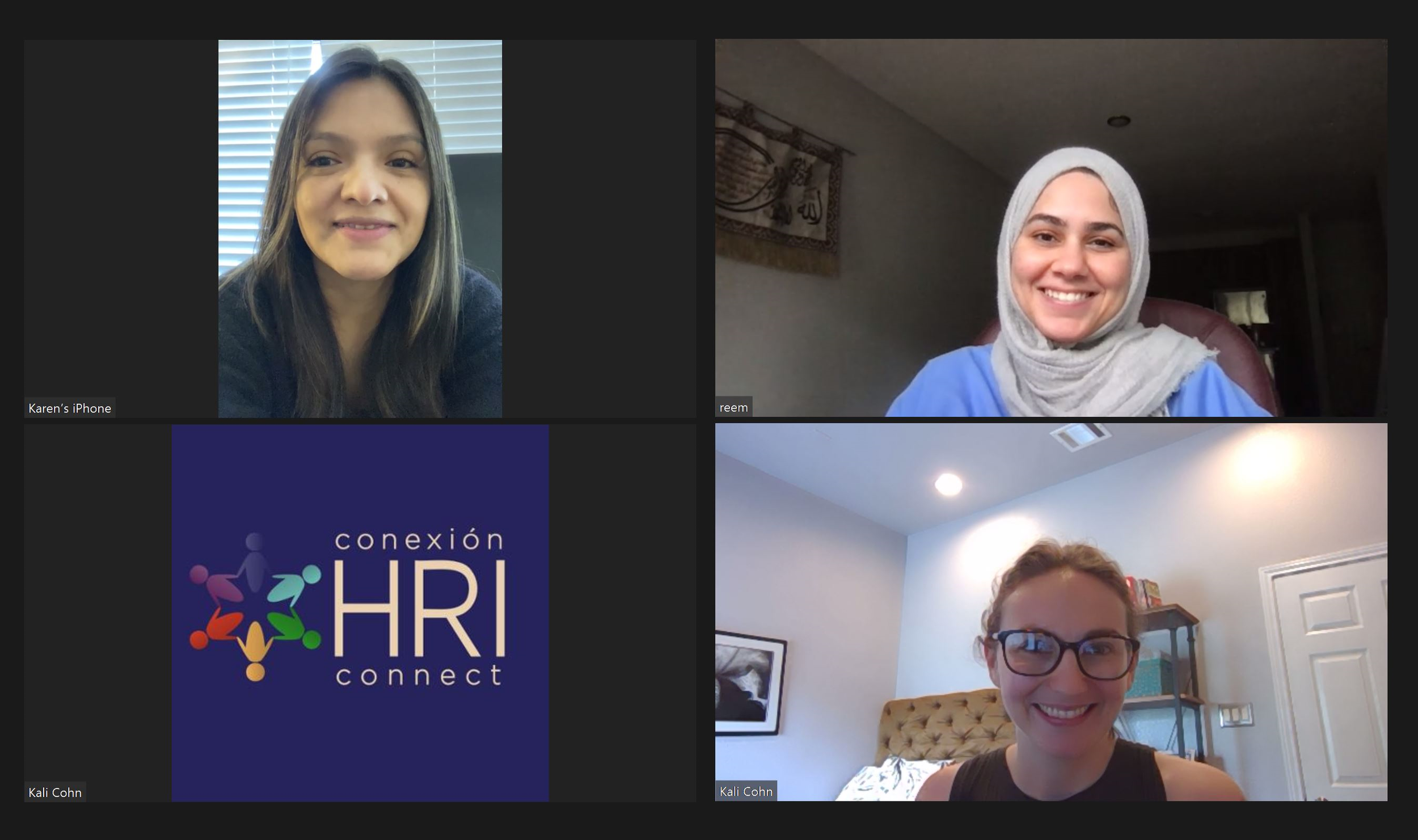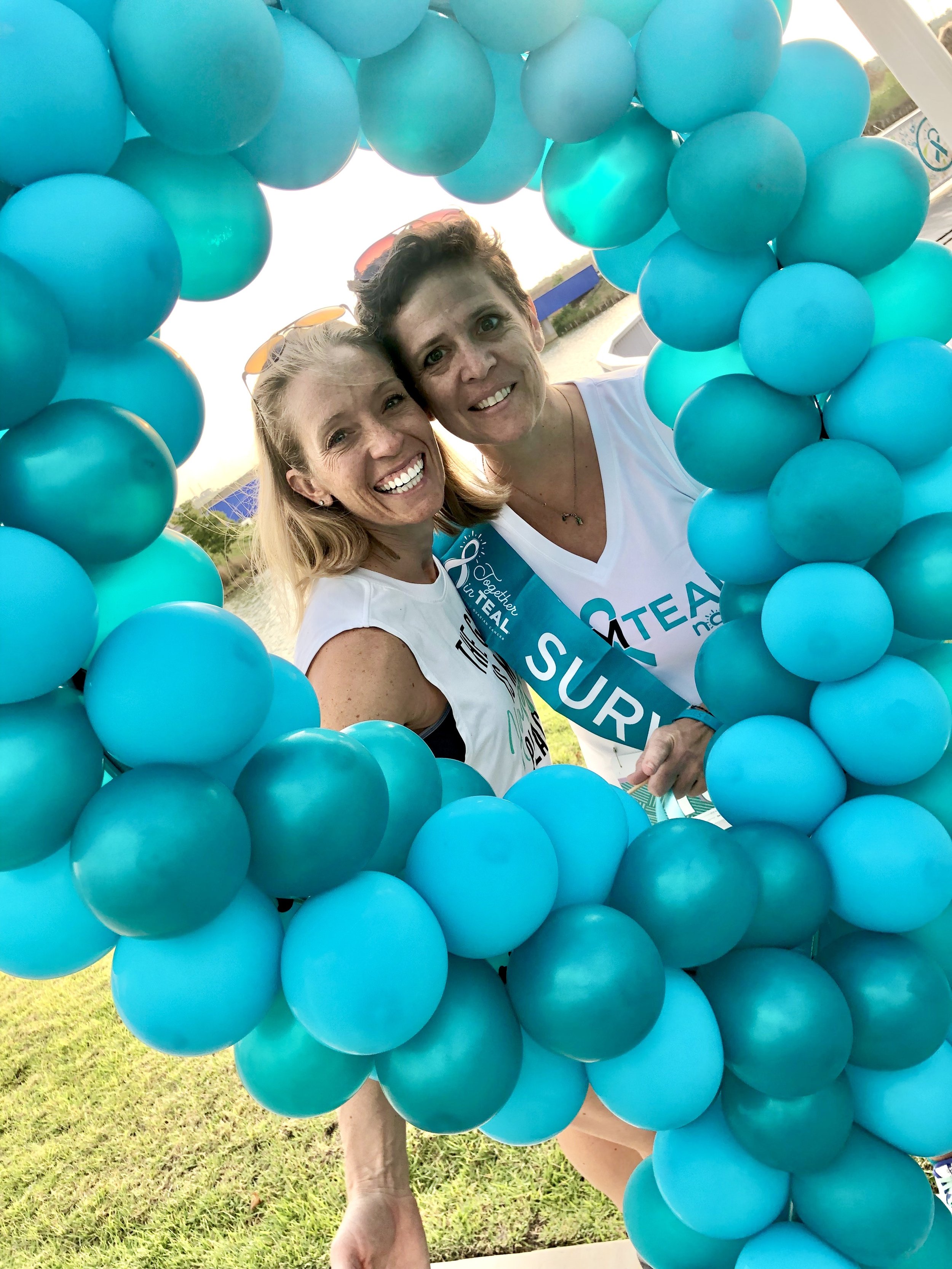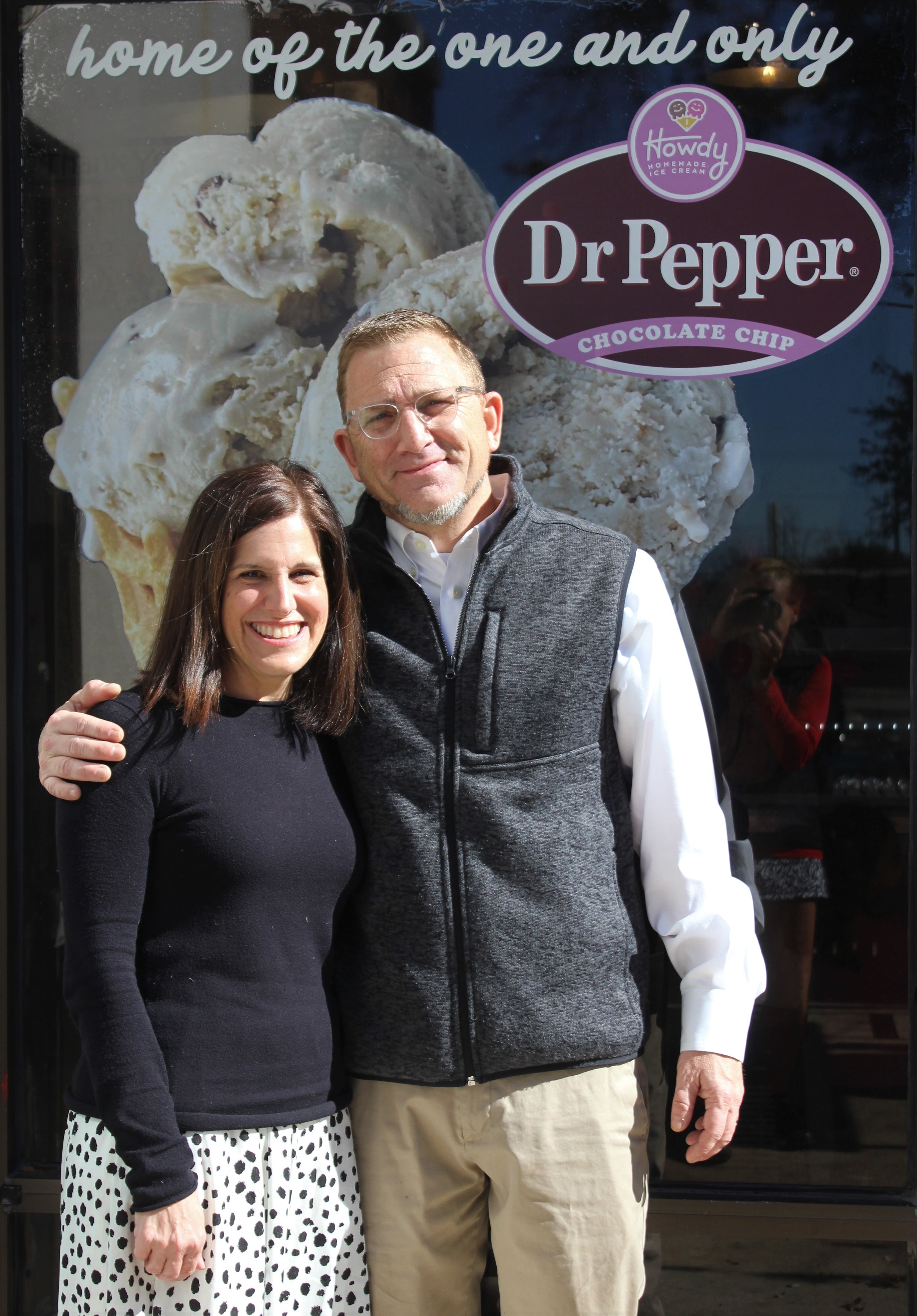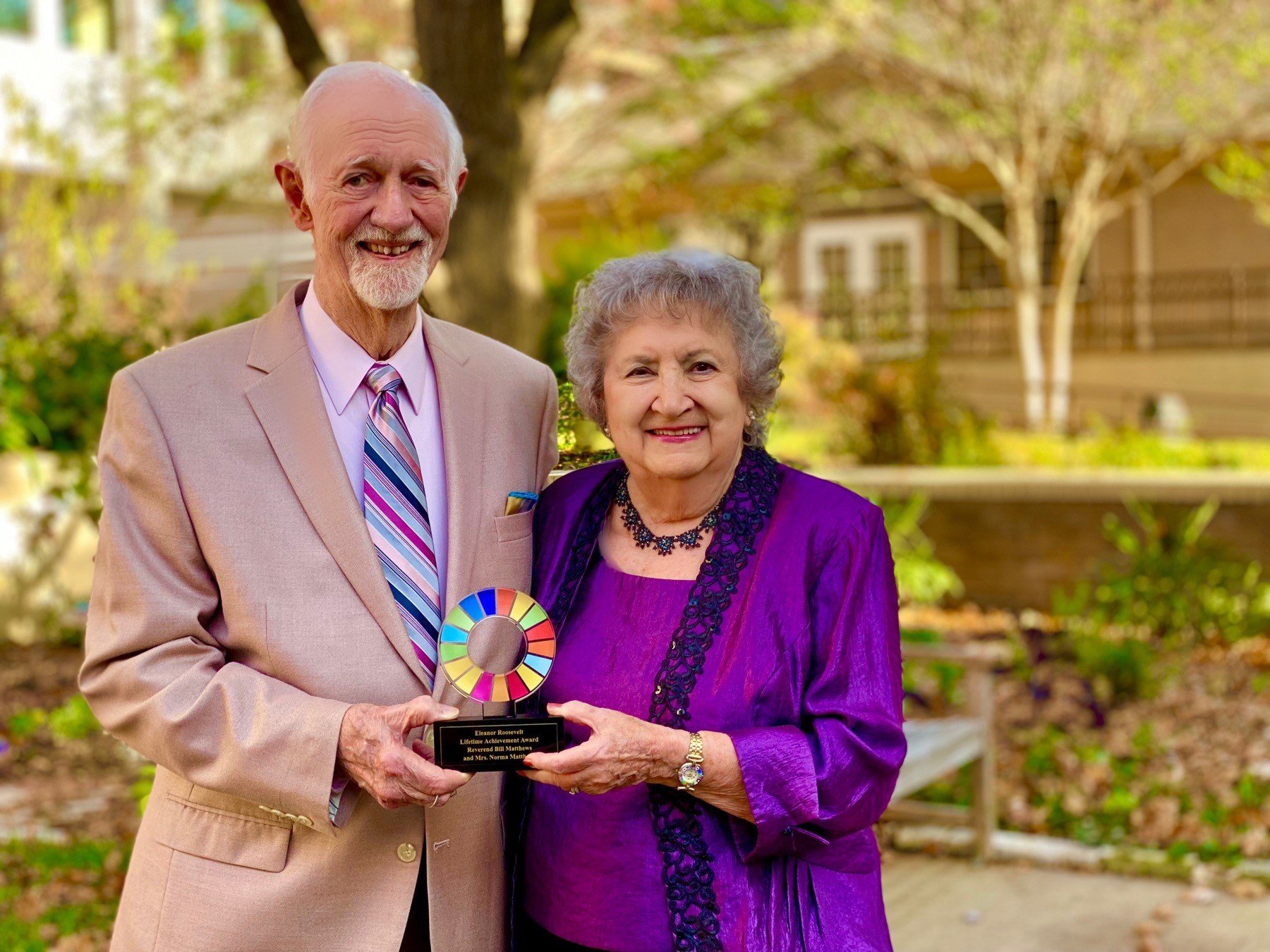Published April 15, 2021 at 2:05pm.
Story by Mary Martin. Photo and video courtesy of Human Rights Initiative of North Texas.
Navigating the system of doctors, hospitals, and insurance providers has proved to overwhelm even the most resourced resident of Texas. But with the added barriers that come with refugee or undocumented status, finding reliable healthcare is a summit that cannot be scaled alone. A team of current clients and former clients at Human Rights Initiative of North Texas (HRI) has formed a new program called HRI Connect, designed to address the practical challenges that immigrants refugees face, and they are starting with healthcare.

Meeting first in the fall of 2019, HRI Connect was birthed from a desire for agency and education. “Our work on this project came out of the idea that the people who come to HRI should be the people who decide what we advocate for,” says Kali Cohn, Advocacy Director for Human Rights Initiative. “Our meetings quickly became a space where members were able to talk directly about the things that they were worried about.” The four top issues to surface the group’s planning conversations were access to healthcare, immigration backlog, community policing, and helping eligible residents register to vote. The group decided to tackle access to healthcare first.
Their brand new multi-lingual navigator tool launched earlier this year, bringing together the expertise of HRI’s social services and legal staff, as well as the clients who have personally experienced the system as outsiders. The HRI Connect team came together to curate resources, and create a robust list of doctors, dentists, emergency care providers, and mental health options, as well as information about COVID-19. The navigator tool is easy to access—available both online and by dialing a hotline number which connects with volunteers who speak English, Arabic, French, and Spanish.
“We want people to feel like someone has their back,” says Karen De La Cruz, a leader with HRI Connect. “Do they feel like they have somebody they can go to for medical care without breaking the bank? The big issue with a lot of immigrant adults and children, because of the lack of a legal status, they find it difficult to leave their homes and search for safe medical care for fear of deportation.” Karen’s own story of immigration has created a deep sense of empathy for others who are facing a complicated system. She was originally married when she came to the United States, but then experienced domestic abuse and sought help from HRI to separate from her partner and still maintain her residency. “I had to make a choice to stay in a marriage that was difficult or risk losing my legal status and my nine-month-old daughter,” Karen says. “But HRI was transparent with me and very helpful.” A year later, she was invited back to HRI with other people like herself—people dedicated to building community.
The navigator tool helps people find options for free or sliding-scale healthcare, listing locations, costs, qualifications, wait times, and public transportation options. Nonprofit healthcare organizations like Agape Clinic and North Texas Area Community Health Centers are listed, as well as specialty areas like the SMU Psychology Clinic, or how to get assistance with prescription medications. There is also detailed information about larger programs at Parkland Hospital and the Baylor Scott and White Community Care Clinics, and what is required to register.
Reem Daboul, a medical student currently at William Carey University in Mississippi, joined the HRI Connect team virtually in 2020, looking for a way to help other refugees. Her family worked with HRI after coming to the United States from Syria almost a decade ago, and when Reem heard about the new project to create pathways for sustained healthcare, her interest was piqued. “Being uninsured or unable to pay for basic health needs is very scary,” Reem says. “On top of being sick, you are in a constant state of worry about how much the visit will cost—whether you are going to be able to pay for extra labs or imaging, the prescriptions and the follow-up. To ease some of the worry people might experience, HRI Connect felt it was important to compile a list of resources offering affordable or cheap healthcare.” Reem is happy to be part of the solution, and plans to continue her medical career after college serving with Doctors without Borders.
As HRI Connect and its impact grows, there is hope that the individuals who have experienced the realities of immigrating to North Texas can also be a key part of the solution to an improved system that not only meets immediate needs with dignity, but also creates space for growth and creativity. “This is definitely the first step, like a ladder,” Kali says. “We know what we have now is insufficient, how can we create access? What barriers can we help remove?” The group hopes that feedback from the new hotline and website will help to refine the navigator, and allow the members of HRI Connect to build power within their own communities.
If you are interested in supporting the work of HRI Connect, or would like to share the navigator with someone who may need assistance, visit their website at hrionline.org/find-healthcare.
More Good Stories
Featured
When Kathy and Larry Helm heard about The Senior Source’s 60th Birthday Diamond Dance-Off, they knew they had to put on their dancing shoes! For the Helms, this event combined two of their passions into one. Celebrating and supporting The Senior Source, a Dallas-area nonprofit that has been serving older adults for 60 years, and dancing together, which they have been doing since they were high school sweethearts. Both Kathy and Larry have chaired the board of directors of The Senior Source and have been proud supporters since 1998. It seemed only fitting they should be voted into the finals to dance on stage at Klyde Warren Park this past summer.
In 2020, more than 912,000 women were diagnosed with some form of cancer in the United States alone. During that same pandemic year, countless medical appointments were canceled while people were social distancing, and yet still each day nearly 2,500 women heard the news, “you have cancer.” There is no doubt that these words can be crushing to hear, but what’s equally crushing is the lack of tangible, encouraging support that exists to help women feel beautiful, strong or “normal” before, during and after cancer treatment.
When Tom Landis opened the doors to Howdy Homemade in 2015, he didn’t have a business plan. He had a people plan. And by creating a space where teens and adults with disabilities can find meaningful employment, he is impacting lives throughout our community and challenging business leaders to become more inclusive in their hiring practices.
Have you ever met someone with great energy and just inspired you to be a better you? Nitashia Johnson is a creator who believes by showing the love and beauty in the world it will be contagious and make an impact. She is an encourager and knows what “never give up” means. Nitashia is a multimedia artist who works in photography, video, visual arts and graphic design. Her spirit for art and teaching is abundant and the city of Dallas is fortunate to have her in the community.
The United Nations Association Dallas Chapter (DUNA) honored Rev. Bill and Norma Matthews for their ongoing commitment, helping advance the United Nations Sustainable Development Goals agenda by promoting peace and well-being.





